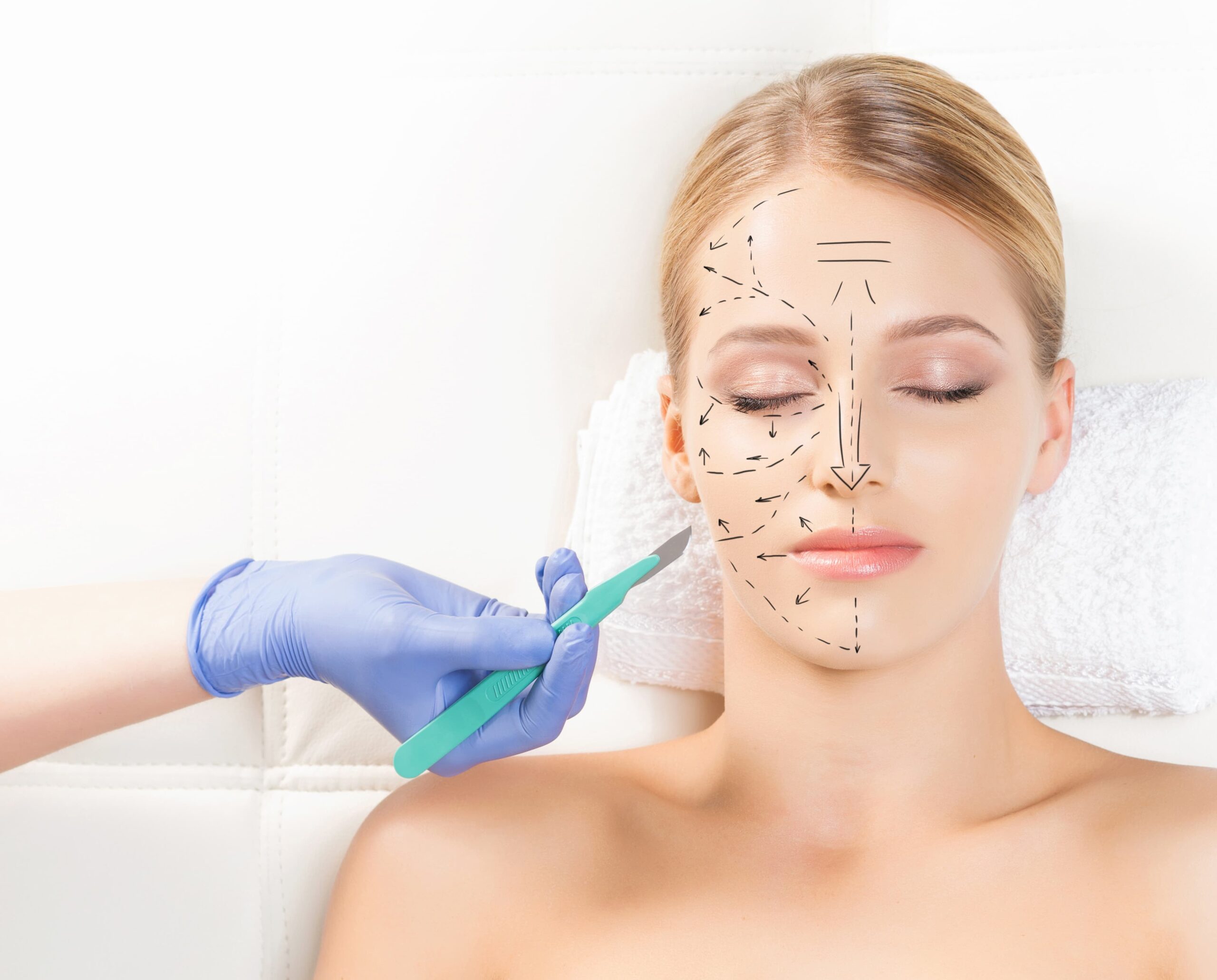Skills, experience, and networking and networking usually dictate professional opportunities. But there’s no denying that appearance often plays a significant—if sometimes controversial—role in career advancement.
- A 2023 research study published on PMC showed a clear correlation between self-esteem and workplace productivity.
- A 2022 paper titled “The Effect of Self Confidence on Job Readiness” and published on ResearchGate indicates that self confidence significantly affects how prepared individuals feel to enter the workforce.
- A 2024 study published in Sryahwa Publications suggests that those with higher self-esteem tend to have more positive interpersonal relationships at work.
In light of these facts, more individuals appear to consider plastic surgery not just as a means of enhancing beauty, but also as a strategic tool to bolster self-assurance and competitiveness in the workplace.
Research has long established that appearance influences career outcomes. A study published in the journal Economics Letters found that attractive people earn, on average, 10-15% more than their less attractive counterparts. Another study by the American Psychological Association highlighted that individuals deemed conventionally attractive were more likely to be hired and promoted, often perceived as more competent, confident, and capable.
This phenomenon, often called the “beauty premium,” extends beyond hiring decisions. A report from Harvard Business Review notes that employees who are well-groomed and polished tend to command more respect in professional settings. While workplace discrimination based on looks is largely unspoken, implicit biases may affect everything from networking opportunities to leadership potential.
Confidence as a Career Catalyst
Confidence is arguably one of the most influential factors in professional success. Studies show that individuals who exude self-assurance tend to negotiate better salaries, take on leadership roles, and seize growth opportunities more readily.
According to Dr. Ruston Sanchez, a plastic surgery Baton Rouge specialist, self-confidence is often closely tied to self-perception, “if an individual feels self-conscious about their appearance—whether due to age-related changes, asymmetry, or perceived flaws—it may hinder their ability to project confidence. This is where cosmetic procedures, both surgical and non-invasive, come into play.”
How Plastic Surgery May Enhance Self-Perception and Professional Presence
Plastic surgery is not just about conforming to societal beauty standards. Rather, it is a personal choice that could empower individuals by improving self-esteem and professional confidence. Here’s how some common procedures may contribute to a more commanding workplace presence:
1. Rhinoplasty (Nose Reshaping)
A balanced, well-proportioned face can significantly impact how someone is perceived. Rhinoplasty, or nose reshaping surgery, is one of the most common procedures people pursue to enhance their facial symmetry. A more harmonious facial structure can boost confidence and make you feel more self-assured in interviews, client meetings, and presentations.
2. Facelifts and Non-Surgical Rejuvenation
Maintaining a youthful yet natural appearance could influence career longevity particularly in age-sensitive industries like entertainment, media, and high-level corporate positions. Facelifts, Botox, and dermal fillers help professionals combat signs of aging and allow them to feel rejuvenated and competitive in their field.
3. Skin Treatments and Aesthetic Enhancements
Non-invasive treatments like chemical peels, laser resurfacing, and microdermabrasion help you achieve a refreshed and vibrant look. Clear, healthy skin can enhance your professional image, as people with a radiant complexion are often perceived as more energetic and dynamic.
The Empowerment of Choice
Plastic surgery is not a one-size-fits-all solution, nor is it a prerequisite for professional success. Many people rise to the top purely through skill, determination, and personal branding. However, for those who struggle with self-image issues that impact their workplace confidence, cosmetic enhancements can serve as a tool for empowerment rather than mere vanity.
Making the decision to undergo any cosmetic procedure should be deeply personal, rooted in self-reflection rather than societal pressure. The goal should be to align your external self with your internal self-confidence, rather than to chase an idealized version of beauty.
Success is More Than Skin Deep
There is often a correlation between appearance, confidence, and career growth. However, success is ultimately shaped by competence, work ethic, and authenticity. Plastic surgery can be a confidence booster, but it is not a substitute for skills, experience, or emotional intelligence.
In the end, true professional success comes from feeling comfortable in one’s skin—whether through personal development, career achievements, or, for some, the strategic use of cosmetic enhancements. The most important factor is personal happiness and self-assurance, because when you feel good about yourself, you naturally project the kind of confidence that leads to career success.

